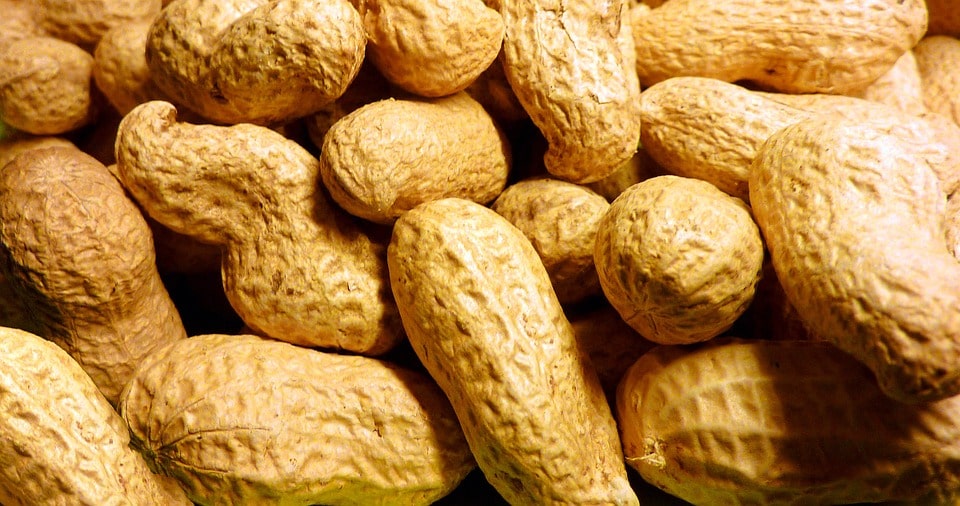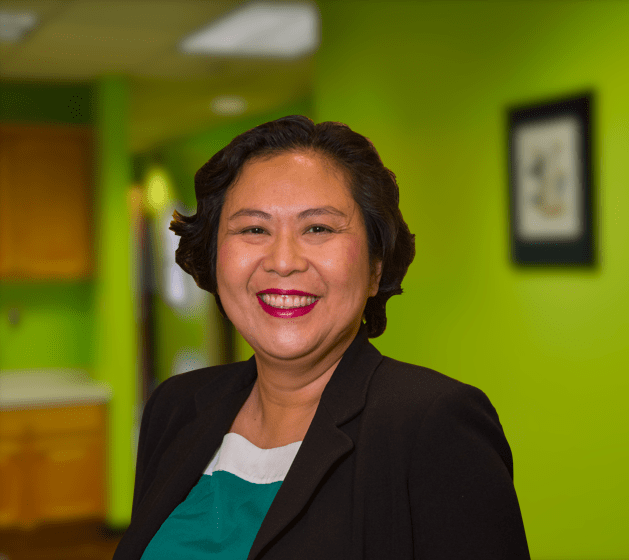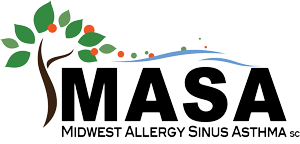Peanut Allergy AR101 Oral Immunotherapy
Currently, there are no approved treatment options for those afflicted with a peanut allergy. This particular allergy greatly affects those who are at risk for unpredictable and life-threatening allergic reactions.
The team of Dr. Siri and her supporting providers/staff are excited to announce the publication of the PALISADE study in the New England Journal of Medicine this week. This is a landmark study to help those suffering from severe peanut allergies and a leap forward in peanut allergy treatment. Dr. Siri is listed as an author on the publication.

The following abstract of the PALISADE study is taken from The New England Journal of Medicine:
“METHODS
In a phase 3 trial, we screened participants 4 to 55 years of age with peanut allergy for allergic dose-limiting symptoms at a challenge dose of 100 mg or less of peanut protein (approximately one third of a peanut kernel) in a double-blind, placebo-controlled food challenge. Participants with an allergic response were randomly assigned, in a 3:1 ratio, to receive AR101 (a peanut-derived investigational biologic oral immunotherapy drug) or placebo in an escalating-dose program. Participants who completed the regimen (i.e., received 300 mg per day of the maintenance regimen for approximately 24 weeks) underwent a double-blind, placebo-controlled food challenge at trial exit. The primary efficacy end point was the proportion of participants 4 to 17 years of age who could ingest a challenge dose of 600 mg or more, without dose-limiting symptoms.
RESULTS
Of the 551 participants who received AR101 or placebo, 496 were 4 to 17 years of age; of these, 250 of 372 participants (67.2%) who received active treatment, as compared with 5 of 124 participants (4.0%) who received placebo, were able to ingest a dose of 600 mg or more of peanut protein, without dose-limiting symptoms, at the exit food challenge (difference, 63.2 percentage points; 95% confidence interval, 53.0 to 73.3; P<0.001). During the exit food challenge, the maximum severity of symptoms was moderate in 25% of the participants in the active-drug group and 59% of those in the placebo group and severe in 5% and 11%, respectively. Adverse events during the intervention period affected more than 95% of the participants 4 to 17 years of age. A total of 34.7% of the participants in the active-drug group had mild events, as compared with 50.0% of those in the placebo group; 59.7% and 44.4% of the participants, respectively, had events that were graded as moderate, and 4.3% and 0.8%, respectively, had events that were graded as severe. Efficacy was not shown in the participants 18 years of age or older.
CONCLUSIONS
In this phase 3 trial of oral immunotherapy in children and adolescents who were highly allergic to peanut, treatment with AR101 resulted in higher doses of peanut protein that could be ingested without dose-limiting symptoms and in lower symptom severity during peanut exposure at the exit food challenge than placebo. (Funded by Aimmune Therapeutics; PALISADE ClinicalTrials.gov number, NCT02635776.)”
“We are grateful to all the families from Central Illinois and beyond who participated at our research center in this important oral immunotherapy trial for peanut allergy and are privileged to care for them.” –Dr. Siri

Dareen Siri, MD
Dr. Dareen D. Siri is a specialist in Pediatric and Adult Allergy, Asthma, & Immunology. After attending the University of California School of Medicine, she finished her residency at Brown University – Rhode Island & Miriam Hospitals and had a fellowship with the University of South Florida – All Children’s Hospital in Allergy & Immunology. She received an ACAAI Clemens von Pirquet award for her research in innate immunity and was profiled in 2012 by the Springfield Business Journal’s notable 40 under 40. She has an extensive background in Internal Medicine and founded MASA in 2013.
Read Dr. Siri’s full biography here.


